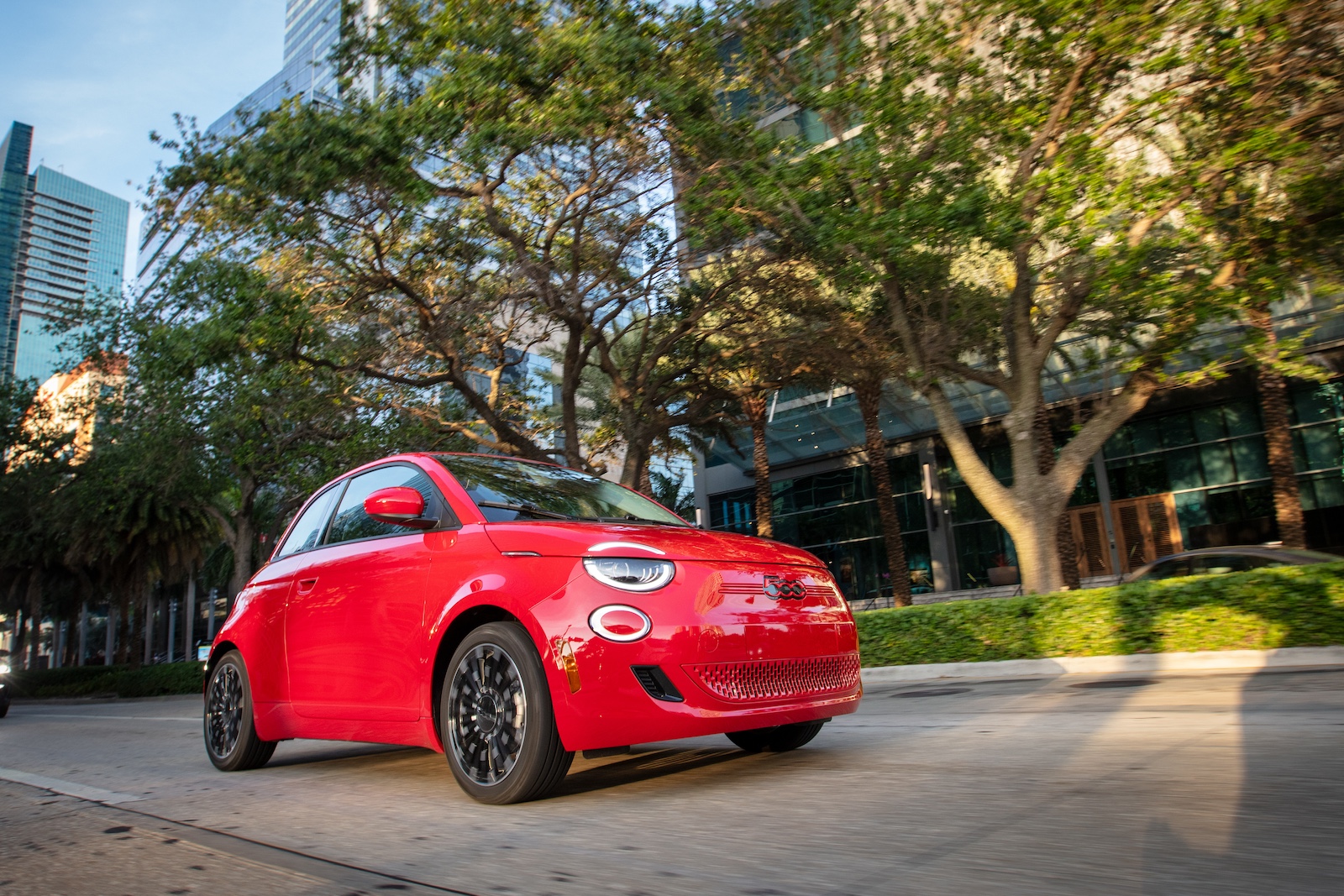Sign up for daily news updates from CleanTechnica on email. Or follow us on Google News!
It’s been interesting to watch the small electric vehicle space lately as companies come up with their own versions of small and lightweight appropriately-sized EVs that are made specifically for city living, where distances are shorter, speeds are lower, and parking is a hassle. An e-bike might not be feasible or desirable for getting around for many people, and yet a full-size EV might be overkill in both size and expense, but a small electric city car might fit the bill. One that had just enough range, just enough space inside it, and just the right amount of potential speed to meet the needs of “those who call the world’s largest cities “home,” as City Transformer says about its CT-2 microcar.
We’ve seen a number of different takes on the city car at CleanTechnica, from the Microlino to the Twizy to the XEV YOYO, and we might soon be seeing another one go into production, the City Transformer CT-2. According to the company website, the CT-2 is “Designed by city people around what city people truly need, City Transformer electric vehicles park and outsmart traffic like a motorcycle while riding safely and conveniently like a car.”
“City Transformer vehicles are engineered for superior city riding experiences without compromise, with superior maneuvering capabilities, outstanding parking properties, exceptional low total cost of ownership, and 75% space and weight savings. “
Even though we’ve covered quite a few different electric mobility companies and their personal transportation solutions over the years, a search of the CleanTechnica archives reveals that City Transformer has flown completely under our radar until just recently. The Israeli startup unveiled the prototype of its tiny 4-wheeled EV, the CT-1, a few years ago, and it appears as if they’ve been hard at work, because an initial run of the production version, the CT-2, is slated to begin next year, with deliveries estimated to begin in late 2025. However, as we’ve seen with a number of other EV startups, even if you’ve already gone from a prototype to designing and building a production-ready version, there are a lot of things that can go sideways in the process of scaling up to mass production, so those dates may be very optimistic.
The company hasn’t shared a lot of the specs of the CT-2, but from the outside, it looks kind of similar to the Citroen Ami, but there are some major differences between the two. First, the top speed of the CT-2 is 90 km/h (~56 mph), whereas the top speed of the Ami, which is classified as a light quadricycle, is limited to 44.9 km/h (27.9 mph). But the biggest difference is that the CT-2 is “foldable.” Sort of. It’s actually more like transformable, as the company name suggests, but either way, it’s unique feature that allows the CT-2 to fit into narrower spaces, whether for parking or navigating crowded streets. Essentially, all four wheels and fenders can be retracted beneath the body, making the CT-2 about a quarter narrower than when the wheels are in the extended position. The below video illustrates it better than I can explain it.
According to what I could suss out on the company website, the CT-2 has a 15 kW motor (or two 7.5 kW motors, as the CT-1 had), and although they don’t share any specifics on the battery specs, the company claims it will have a range of up to 180 km (111 miles) per charge, and is designed to use a Level 2 charger. The weight of the vehicle is just 450 kg (~992 lb), which is much much lighter than a full-sized EV, and consequently requires a much smaller battery — which might be a better use of battery materials than building a lot of vehicles like the Hummer EV or other SUV-type EVs. And yes, obviously they are a different type of vehicle, but they are appropriately sized for the task of transporting one or two people, and so are a much more efficient use of materials and electricity.
When compared to something like a neighborhood electric vehicle (NEV), which is limited to 25 mph and isn’t allowed on roads with speeds higher than 35 mph, the CT-2 could offer more usability when longer distances and higher speeds are the norm.
For those interested in one of the initial production run models, which will be priced at €16,000, City Transformer is taking a refundable reservation fee of €150. According to the website, the company expects to begin mass production in the second half of 2025, and to begin delivering vehicles to the first customers by the end of 2025.
Have a tip for CleanTechnica? Want to advertise? Want to suggest a guest for our CleanTech Talk podcast? Contact us here.
Latest CleanTechnica TV Video
I don’t like paywalls. You don’t like paywalls. Who likes paywalls? Here at CleanTechnica, we implemented a limited paywall for a while, but it always felt wrong — and it was always tough to decide what we should put behind there. In theory, your most exclusive and best content goes behind a paywall. But then fewer people read it!! So, we’ve decided to completely nix paywalls here at CleanTechnica. But…
Thank you!
CleanTechnica uses affiliate links. See our policy here.




